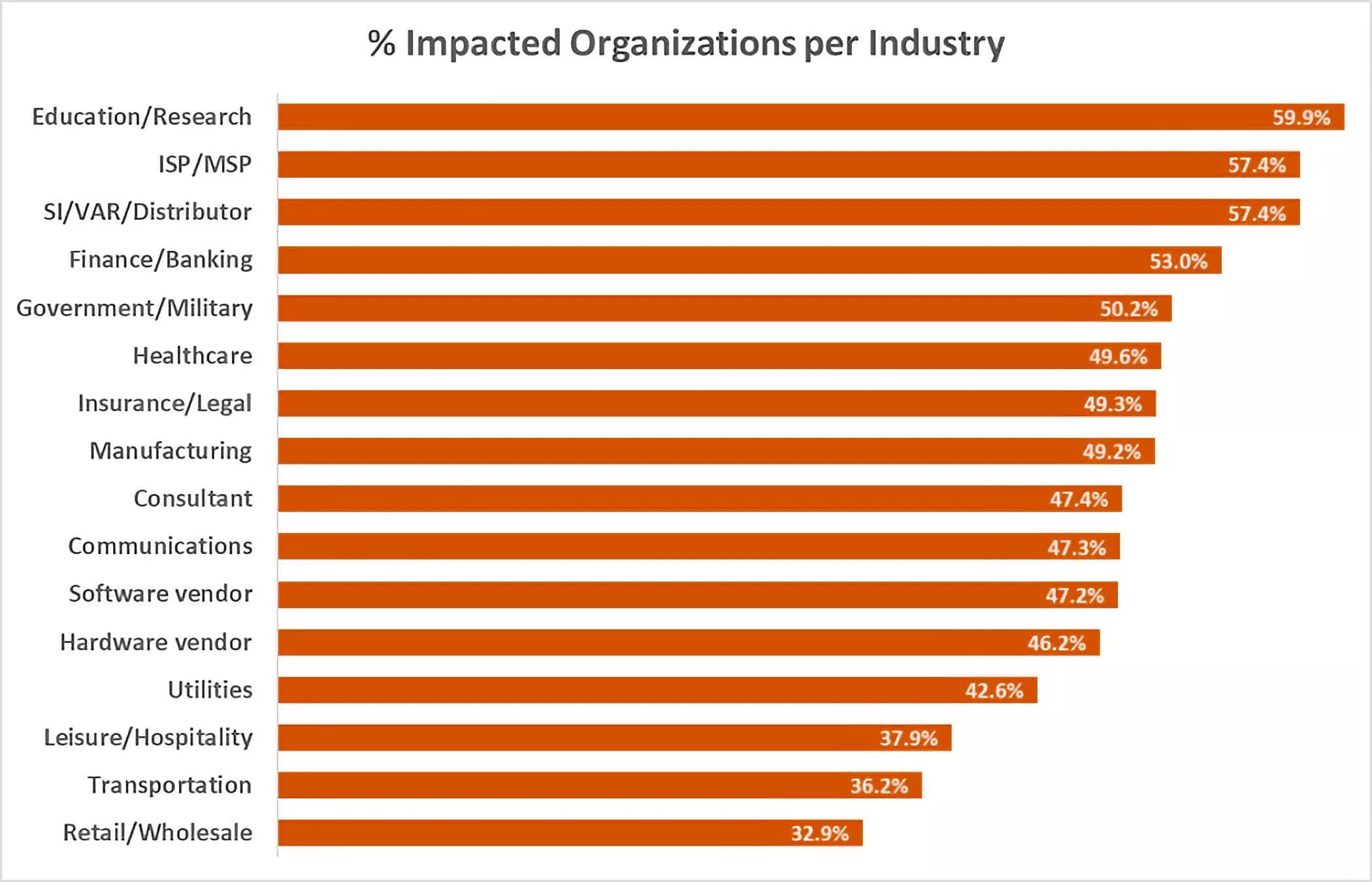New Log4j attack vector can affect local hosts with no internet access
In context: The by week has kept IT organizations scrambling to respond to the Log4j vulnerability impacting systems effectually the world. As security experts have continued to identify additional bugs in the logging utility, network administrators have worked tirelessly to place and shut off any potential admission that that may allow the vulnerability to exist exploited. Unfortunately, a newly discovered vector has proven that even isolated systems with no internet connectivity may be merely as vulnerable, farther complicating the already enormous problem.
Researchers at Blumira have more bad news for the Information technology community contesting Log4j security exploits. While previous findings indicated that impacted systems would crave some type of network or internet connectivity, the security firm's recent discovery now asserts that services running equally local host with no external connexion tin also be exploited. The finding pointed researchers to several more use cases outlining alternative approaches to compromise unpatched assets running Log4j.
A technical post by Blumira CTO, Matthew Warner outlines how a malicious actor can touch vulnerable local machines. Warner states that WebSockets, which are tools that let fast, efficient communication between spider web browsers and spider web applications, could be used to deliver payloads to vulnerable applications and servers with no net connectivity. This specific attack vector means the unconnected simply vulnerable avails could exist compromised simply by an aggressor sending a malicious request using an existing WebSocket. Warner'southward mail details the specific steps a malicious actor would take to initiate the WebSocket-based attack.
The newly identified attack vector volition result in a greater number of vulnerable assets across already heavily afflicted industries. According to Cheque Betoken Software, over l% of all authorities, armed services, finance, distribution, Internet service provider, and education organizations are currently affected by the Log4j vulnerability.

Warner notes that there are available methods organizations can utilize to detect any existing Log4j vulnerabilities:
- Run Windows PoSh or cross platform scripts designed to identify where Log4j is used inside local environments
- Look for whatever instance of .*/java.exe" being used equally the parent process for "cmd.exe/powershell.exe"
- Ensure your system is set up to detect the presence of Cobalt Strike, TrickBot, and related common attacker tools
Impacted organizations tin update their instances of Log4j to version ii.17 to mitigate the tool's vulnerability (which go along popping upward). This includes whatsoever organization that may have practical the previous remediations, versions 2.xv and ii.16, which were after found to include their ain set of related vulnerabilities.
Source: https://www.techspot.com/news/92688-new-log4j-attack-vector-can-affect-local-hosts.html
Posted by: sanchezinviand92.blogspot.com


0 Response to "New Log4j attack vector can affect local hosts with no internet access"
Post a Comment